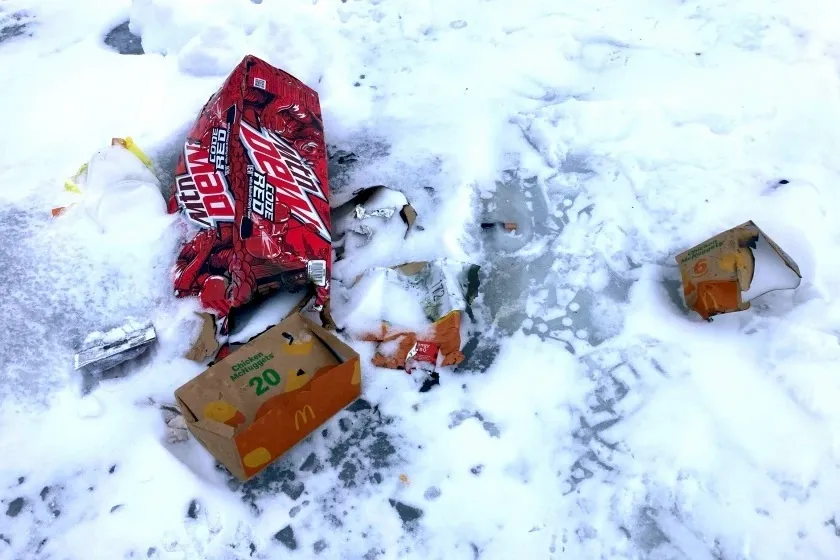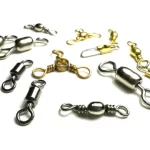In a concerted effort to preserve the pristine nature of Minnesota’s frozen lakes during ice fishing expeditions, the state has enacted a groundbreaking law that empowers conservation officers to issue on-the-spot citations for littering violations. The recent legislation, passed in the 2023 session, marks a significant step towards enhancing environmental stewardship on these icy landscapes.
For Lieutenant Colonel Robert Gorecki of the Minnesota Department of Natural Resources’ enforcement bureau, witnessing an array of discarded items left behind by ice anglers has become a common occurrence. From cigarette butts and cans to bags of human waste, the debris left on the ice has posed a growing challenge. Gorecki recalls discovering peculiar items like an entire couch abandoned on the ice and highlights the environmental hazards posed by the improper disposal of sewage from wheelhouse campers.
To address these environmental concerns and streamline enforcement, the 2023 Minnesota Legislature has equipped conservation officers with a potent tool. The new law mandates that all waste, including garbage, debris, and sewage, must be contained in bags or trash cans at all times while on the ice. This landmark change enables conservation officers to issue citations promptly, even when the violators are still on the ice near the offending trash.

Joe Albert, the communications coordinator for the DNR’s enforcement bureau, emphasizes that the legislation closes a crucial gap that previously allowed anglers to promise to clean up later. The inability to enforce littering regulations effectively led to challenges in maintaining the cleanliness of frozen lakes, especially when there could be up to 6,000 ice houses on popular lakes like Mille Lacs.
The new statute reads: “A person using a shelter, a motor vehicle, or any other conveyance on the ice of state waters may not deposit garbage, rubbish, cigarette filters, debris from fireworks, offal, the body of a dead animal, litter, sewage, or any other waste outside the shelter, motor vehicle, or conveyance, unless the material is placed in a container that is secured to the shelter, motor vehicle, or conveyance and not placed directly on the ice or in state waters.”
The law underscores the importance of responsible waste management and urges anglers to bring a trash container with them when heading out onto the ice. The penalty for violating this law is a $100 fine, categorizing the offense as a petty misdemeanor. It is crucial to note that all previous statutes pertaining to trash and waste on the ice remain in effect.
Conservation officers, led by Gorecki, express their commitment to maintaining the integrity of these frozen ecosystems. The primary objective is not to penalize individuals who inadvertently leave behind a few dead minnows or stray items but to foster a culture of conscientious waste disposal among all anglers. The emphasis is on encouraging everyone to carry a trash container, ensuring that the ice remains as unspoiled as possible during and after fishing expeditions.
As Minnesota takes a proactive stance against ice fishing litter, the hope is that this legislation will serve as a model for other regions grappling with similar environmental challenges during winter recreational activities.
Image/Source: PioneerPress





